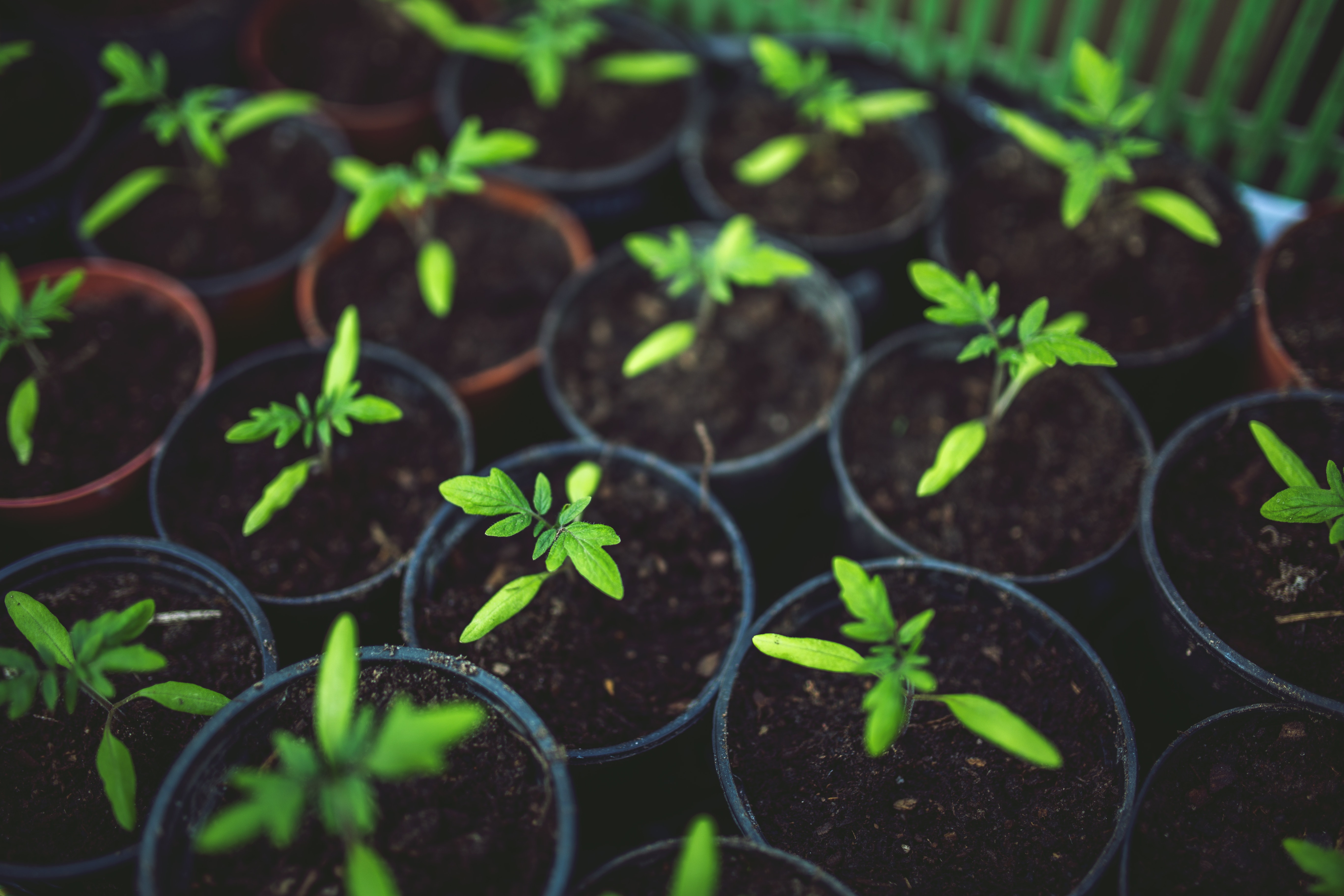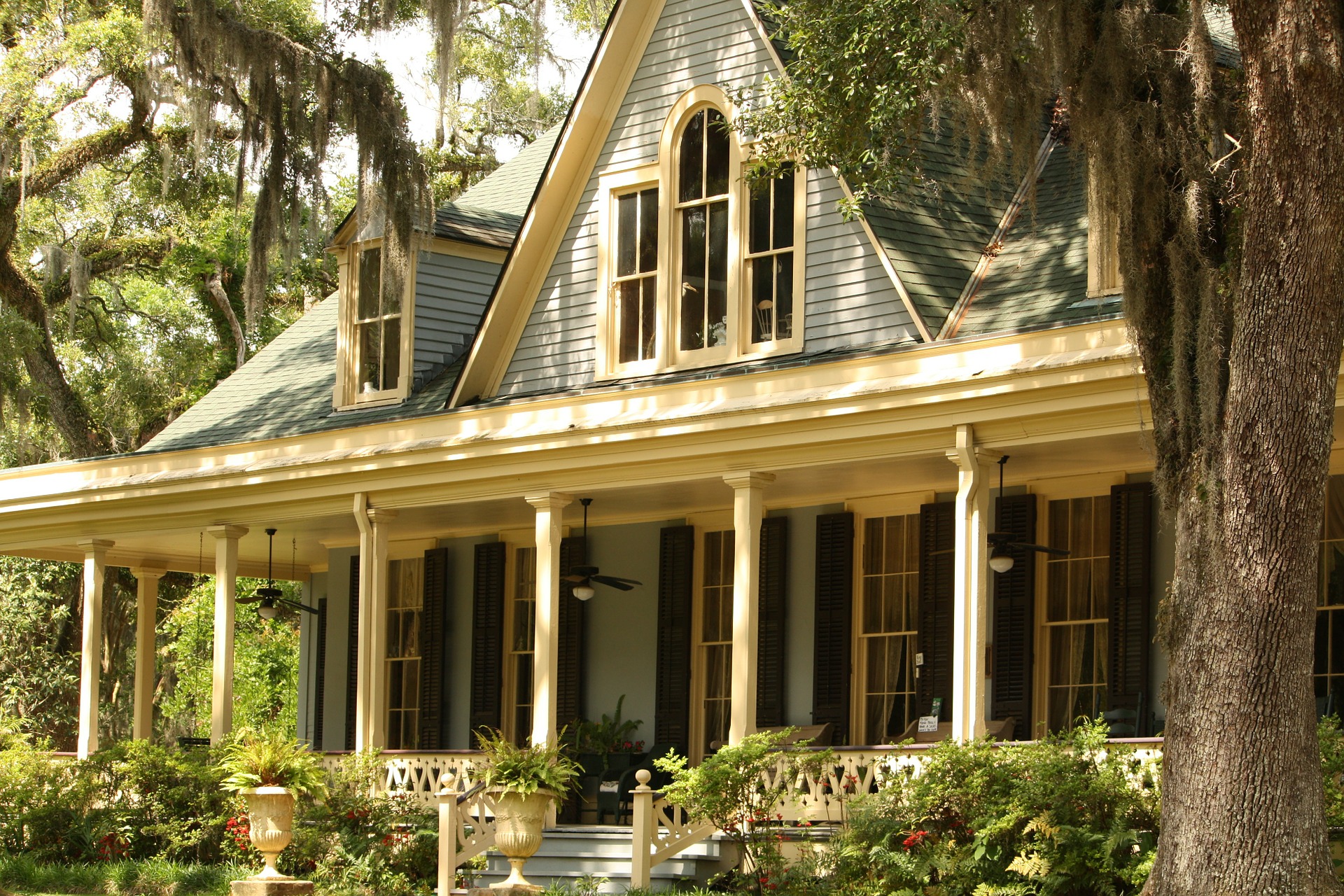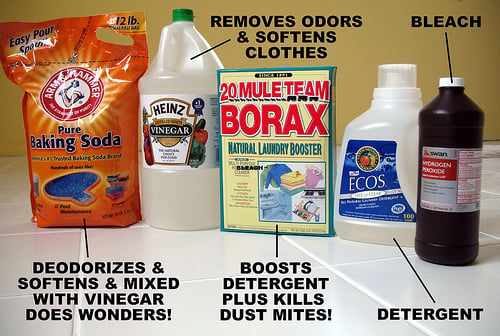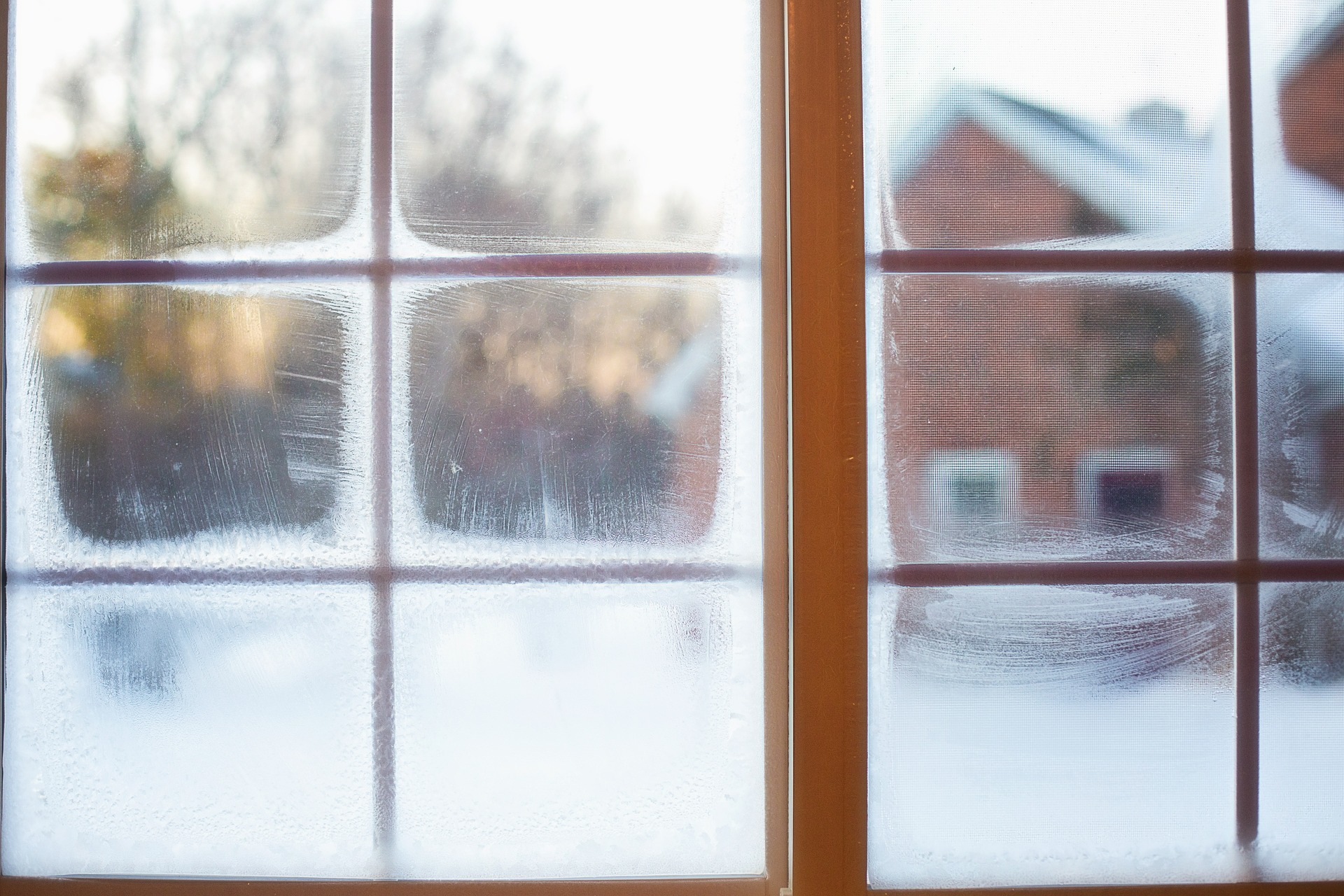It's that time again: the time when gardeners start furiously drawing in notebooks and writing out spreadsheets to plan their upcoming garden. And gardens take a lot of planning. Not only is there extensive preparation that needs to be done, but many things need to be planted at different times, and some need to be pre-planted inside. Here's a guide to planting your vegetable and herb garden for the most successful yields.
First: Make Some Decisions
Are you going to be planting in raised beds or sowing your seeds directly into the earth? Do you want to purchase elevated planters or would you rather build wooden planters? Where are you going to place your garden? Do you want your garden to be in the front yard or the backyard?
Yes, there are several decisions you'll need to make.
Where to put your garden and how you're going to make your garden are two questions you need to answer before you do any planning. Some people contain their garden in cloth sacks. Others plant hardy vegetables directly in their soil. These decisions are primarily going to impact how difficult it is to setup and maintain your garden. Raised beds are difficult to setup initially, but they're easier to maintain overall. Planting directly into the ground doesn't yield the best vegetables or herbs to start, but it is a faster and easier setup.
Finally, the most important question: what are you going to grow?
Start With a Sketch
Once you've determined how your garden is going to look, it's time to sketch it all out. Use gridded paper to determine where each vegetable and herb is going to be placed. Making the right measurements now is important. At the same time, make sure to track the sun over the course of your yard to determine which areas of your yard get full sun and which get partial sun. Your vegetables and herbs are going to need to be placed based on this, and your sketch is going to need to account for this placement.
Buy Your Accessories
At minimum, you're likely to need: soil, a tiller, a spade, a wheelbarrow, a watering hose, and fertilizer. Some gardeners also like to create irrigation systems for their plants, so they don't need to water them themselves. If you're building a raised bed garden from scratch, you will also need lumber, brackets, a drill, and landscaping cloth. Either way, make sure you have everything ready before you start—and clear off a significant amount of time to start building up your garden.
Enrich Your Soil
If you're building raised garden beds, you'll place a weed barrier underneath the garden bed and fill it with soil. It's that simple. If you're planting directly into the ground, it's more complex. You'll have to till up the soil to at least a couple of feet down if you want successful vegetable plants. At the same time, you should be introducing soil and compost, as most "dirt" isn't suitable for growing anything at all. Because you don't have a weed barrier the way that a raised bed does, you'll need to do more maintenance. However, for large scale planting, planting directly into the ground is usually best.
Create a Schedule
You already know what you're going to plant, but when will you plant them? Every plant has an optimal time to plant, depending on whether you're starting them indoors or planting them outside. Look up each plant's ideal planting time and create a calendar for your planting cycles. If you plan things correctly, you can have your vegetable and herb garden going the entire season long. Your calendar should also include the ideal times to harvest.
Pre-Plant Your Inside Plants
It's time to get started. Most vegetables and herbs do better when started inside, so you can start by pre-planting your inside plants according to the schedule that you just made. Keep them on a window sill in a warm, bright place, and wait until they sprout to plant them outside. Otherwise you can plant them directly outside when the scheduled time comes—but you may need to be extra attentive to ensure their survival.
Your first vegetable and herb garden is likely to be a challenge, but the more you do it, the easier it will become. Eventually, planning your garden is going to become second nature, and you'll have a better feel for what grows best in your soil and when is best for planting in your area. As an additional bonus, not only will you have healthy vegetables and herbs, but you'll also make your yard look lush and new. Along with your other landscaping projects, it will add to the overall curb appeal of your home.











Comments